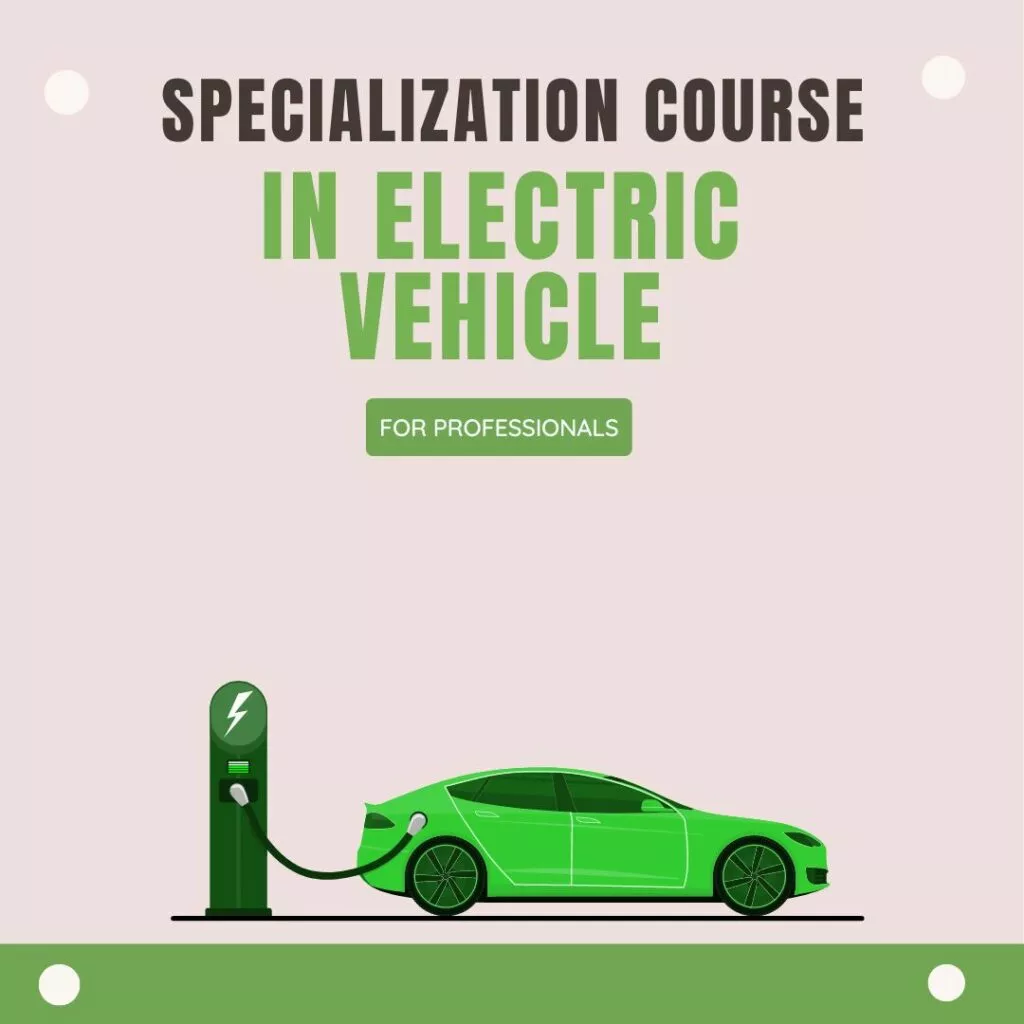Introduction:
Testing & Homologation Guide for Electric Bikes:
Electric bikes, also known as e-bikes, are gaining popularity as a convenient and eco-friendly mode of transportation. As the demand for electric bikes increases, it becomes crucial to ensure their safety, performance, and compliance with regulations. Testing and homologation play a vital role in validating the quality and reliability of electric bikes. In this blog post, we will provide a ”Testing & Homologation Guide for Electric Bikes” covering the essential aspects that manufacturers and riders should be aware of. Let’s dive in!
Importance of Testing & Homologation Guide for Electric Bikes
Testing & Homologation Guide for Electric Bikes processes ensure that electric bikes meet safety, performance, and regulatory requirements. By undergoing thorough testing, manufacturers can identify and address any potential issues, ensuring that their electric bikes are safe and reliable for riders. Homologation validates compliance with regulations and standards, instilling confidence in consumers and facilitating market access.
International Standards and Regulations for Electric Bikes:
Various international organizations have established standards and regulations for electric bikes. Notable ones include the ISO 4210 series, EN 15194, and UL 2849. These standards cover aspects such as electrical safety, mechanical strength, braking performance, electromagnetic compatibility (EMC), and more. Manufacturers should ensure that their electric bikes comply with the relevant standards in their target markets.
Key Testing Parameters for Electric Bikes:
Electric bike testing involves evaluating various parameters to assess performance and safety. Important testing areas include electrical system performance, battery performance and safety, braking efficiency, mechanical strength, durability, and water and dust resistance. Testing also considers aspects like maximum speed, range, and charging time to provide accurate information to riders.
Homologation Process for Electric Bikes:
The homologation process for electric bikes involves several steps to verify compliance with applicable regulations and standards. It typically includes tests and documentation related to electrical safety, braking performance, lighting systems, environmental impact, and more. Manufacturers must provide the necessary documentation and test reports to obtain the required certifications for market entry.
Regulatory Bodies and Certifications for Electric Bikes:
Regulatory bodies oversee the homologation process for electric bikes and grant certifications to ensure compliance with safety and performance standards. In India, bodies like Automotive Research Association of India (ARAI) and International Centre for Automotive Technology (ICAT) play a crucial role in testing and certifying electric bikes. Certifications such as ARAI certification and ICAT approval provide assurance to consumers and facilitate market access.
Testing and Safety Labels:
Electric bikes that have successfully undergone testing and homologation receive various labels and markings to indicate compliance and safety. These labels may include certification marks, voltage ratings, speed limits, and safety warnings. Displaying these labels on electric bikes helps consumers make informed choices and ensures compliance with regulatory requirements.
Conclusion:
Testing and homologation are essential steps in ensuring the safety, performance, and compliance of electric bikes. By adhering to international standards and undergoing rigorous testing, manufacturers can provide reliable and high-quality electric bikes to consumers. Regulatory bodies and certifications further reinforce the trust and confidence of riders. As the electric bike industry continues to grow, ongoing advancements in testing protocols and regulations will further enhance the safety and reliability of electric bikes, promoting their widespread adoption.






















